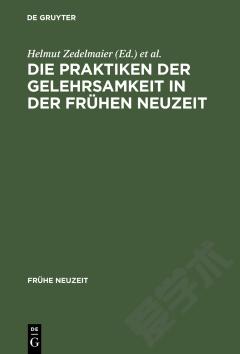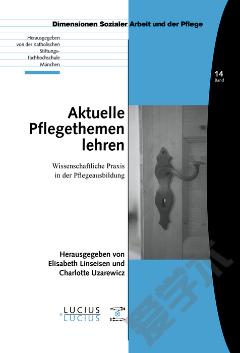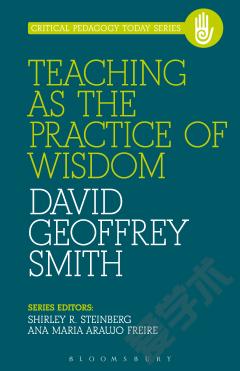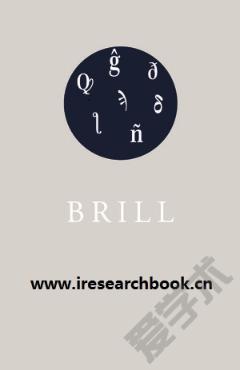Die Praktiken Der Gelehrsamkeit In Der Frühen Neuzeit
Up to the 18th century science and learning was largely an activity concerned with 'scholarly' knowledge: reading, learning, summarizing, compiling, editing and interpreting established knowledge. Here, thirteen international experts examine scholarly practices prevalent in the early modern age and the social and cultural conditions and contexts in which they were operative. Central topics are knowledge acquisition techniques and the media employed to that end (reading and summarizing), the connections between the scholarly activities of editors, philologists or academic teachers and the final products of those activities (research and teaching), the practices used for transferring knowledge to addressees (communication and representation), and finally the monitoring of scholarly communication and the rules and regulations governing it.
{{comment.content}}








 京公网安备 11010802027623号
京公网安备 11010802027623号